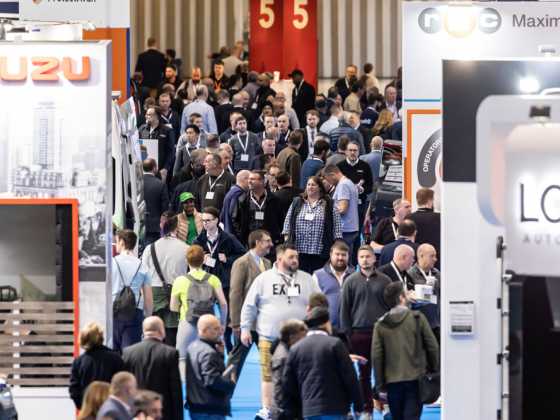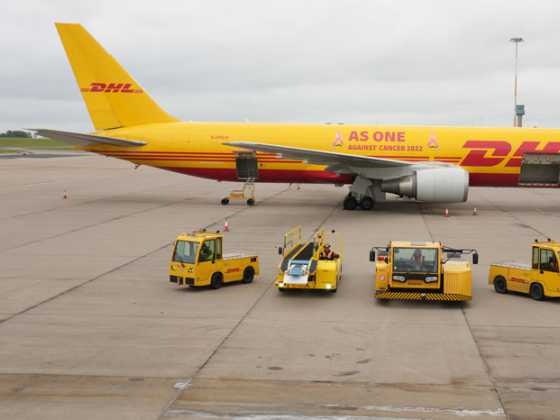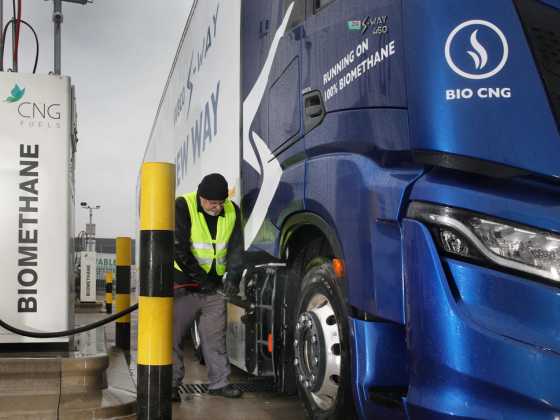New tyre labels to be introduced in November
New tyre labels introduced in the EU from November this year will make it easier for drivers and fleet managers to choose better tyres so they can cut fuel consumption, reduce vehicle noise and improve safety.
 The labels are similar to the energy rating labels already introduced for white goods and new cars, providing information on rolling resistance, wet grip and noise. They will be mandatory for all tyres produced after July and on sale from November this year.As many fleet managers do not see new tyres before they are fitted, the labels will accompany the paperwork. Tyre manufacturers will also be required to provide label information on their websites.
The labels are similar to the energy rating labels already introduced for white goods and new cars, providing information on rolling resistance, wet grip and noise. They will be mandatory for all tyres produced after July and on sale from November this year.As many fleet managers do not see new tyres before they are fitted, the labels will accompany the paperwork. Tyre manufacturers will also be required to provide label information on their websites.
Rolling resistance
The most energy efficient car tyres currently available can reduce fuel consumption and CO2 by at least 10 per cent compared to the worst performing tyres, with even bigger savings for vans and trucks. 20-30 per cent of an average car’s fuel consumption is down to the rolling resistance (RR) of the tyres, so decreasing RR can really make a difference. By reducing fuel consumption, energy efficient tyres also help you reduce emissions of air pollutants such as carbon dioxide, fine particles and nitrogen oxides.
Traffic noise
Traffic noise affects up to six million people in the UK which can lead to sleep disturbance, stress, raised blood pressure and heart attacks. Tyres are the main source of noise from cars at speeds above 25mph, so quieter tyres can have a big impact on traffic noise. This will also affect the internal noise and make for a much more comfortable journey which is particularly important for professional drivers. Studies have found that quieter tyres are not any more expensive, so this is a consideration worth making when choosing tyres.
Setting a quality tyre standard
One of the best ways fleet managers can take advantage of this new labelling is to use the ratings to set a standard for quality tyres within their procurement and maintenance policies. In view of the new labels, London’s largest minicab firm Addison Lee is updating its tyre policy and will follow the Campaign for Better Tyres’ recommendations. This advice is to only use tyres that are graded A-C for rolling resistance and wet grip with one sound wave for noise emissions.
The advantages of having such a policy for fleets are many. Always using low rolling resistance tyres (LRRT) is a lasting way of saving money on cutting emissions. Although LRRT may cost more initially, research has found that the premium will be made back from the fuel savings within six to eight months. Also, while the technology required to make LRRT is becoming more widely available and therefore cheaper, due to increasing and irreversible scarcity, fuel will only become more expensive. With the average spend on tyres representing 6 per cent of a fleet’s budget but fuel costs taking up a massive 80 per cent, it’s easy to see how a small increase in tyre spending can lead to a large decrease overall. Having LRRT as an organisational policy will also count towards carbon reduction goals. For a medium sized car, a 10 per cent fuel saving works out as around 100g/km of CO2.
Further information
www.bettertyres.org.uk






